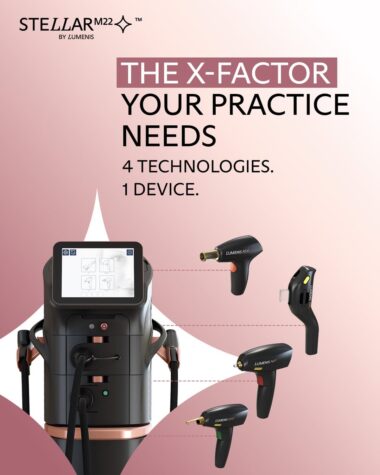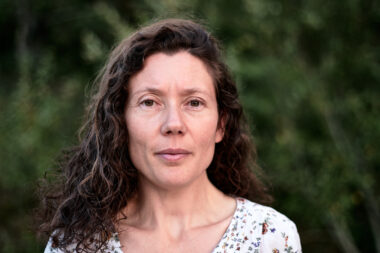As the public consultation on "Strong foundations: building on Victoria’s work to end family violence" closes, WHISE (Women s Health in the South East) has contributed an in-depth submission to the Victorian Government as it seeks input to help identify the actions it should prioritise as it enters the final stage of Ending Family Violence, a 10-year plan for change.
WHISE commends the State government on its focus on primary prevention of family and sexual violence and for taking a community-wide approach however notes prevention is chronically underfunded.
Kit McMahon, CEO WHISE says, “Prevention pays for itself, and is widely recognised to have significant returns on investment both in terms of costs but also in health outcomes for the community.”
“We know that every dollar spent on primary prevention is an investment in the community that increases its benefits manifold. We applaud the government’s commitment to primary prevention but call for continued investment in health promotion and primary prevention.”
“Key to this will be to recognise and sustain the current structures and work already underway in Victoria and, importantly, reflect in policy the long-term approaches required to stop family violence.”
The commitment to Aboriginal self-determination and its continued engagement with Dhelk Dja, who lead culturally appropriate and safe prevention initiatives is applauded.
“WHISE is proud that we are partnering with Dhelk Dja and supporting the work of all our partners working to reduce the horrifying prevalence and impact of family and sexual violence for First Nations women,” says McMahon.
WHISE also supports to shifting of focus onto people who use violence, as without understanding the nature of perpetration it is unlikely we will be able to prevent it before it starts. Essential to this is increased investment in embedding lived experience, as well as employment pathways for this already skilled workforce, that appropriately values and retains a diverse workforce, including men, are essential to these goals.
“Embedding lived experience in primary prevention means preventing family violence work centres the lived experience of those that face compounding forms of discrimination and oppression. This is already core to prevention practice in the Women’s Health sector but has not been recognised enough in prevention of family violence policy.”
WHISE is glad to see continued focus on engaging men and boys as a separate and important focus for the action plan.
“Prevention of family and sexual violence is not a women’s issue; it is a whole of community issue. We have made noteworthy progress over the past seven years to reform services to protect victim/survivors; it is now essential that we understand who uses violence and why, so that we can inform our prevention efforts,” says McMahon.
WHISE’s submission was informed by its diverse workforce, its partnerships with a wide range of community organisations and extensive experience in gender-equality, sexual reproductive health, gender and mental wellbeing and prevention of gender-based violence.
Supporting facts and data for media:
Aboriginal self-determination.
Aboriginal and Torres Strait Islander Women are 33 times more likely to be hospitalised by family violence than non-Aboriginal women and 3 in 5 Aboriginal and Torres Strait Islander women have experienced physical or sexual violence from a male partner. The Aboriginal community knows best what will work for them and they need to take a lead in any strategies that aim to reduce this violence.
Focus onto people who use violence.
“Without consistent, comparable, and regularly captured data on perpetration, we are unable to be guided by evidence, to target interventions effectively to prevent and reduce perpetration, or to benchmark and measure the efficacy of our efforts.” (Flood, Brown, Dembele and Mills. 2022 Who uses domestic, family, and sexual violence, how and why? QUT)
Contact details:
Dos Hetherington, Communications Lead
Email: [email protected]
Mobile: 0412 317 334



